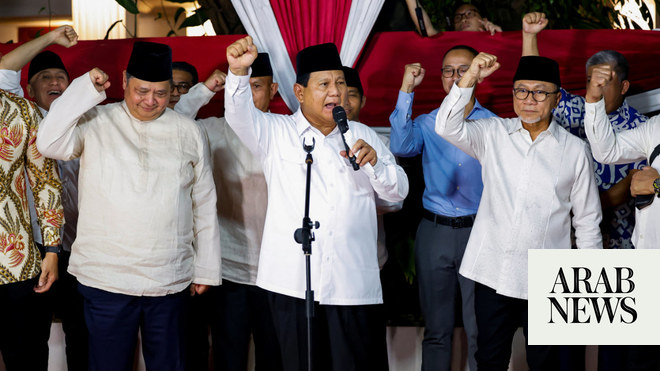
Peruvian socialist Pedro Castillo, who is narrowly leading the count from a presidential election at the weekend, would maintain a "market economy" if he becomes president, a key economic aide said on Wednesday.
"Our idea is not to have massive interventionism in the economy," Pedro Francke, a leftwing economist and adviser, told Reuters.
Castillo is close to becoming Peru"s next president, after a polarized runoff election against right-wing Keiko Fujimori. Castillo is leading by just 70,000 votes after counting 98% of ballots. To be sure, some 300,000 votes remain contested and could technically sway the election in coming days. read more
Francke said that a Castillo administration would prioritize raising taxes on mining companies and fight corporate income tax avoidance in order to fund increased spending in health and education.
"We will modify mining taxation in order to capture a higher piece of their income," Francke said.
Peru is the world`s No. 2 copper producer, behind Chile, where congress is weighing an opposition proposal for a tax as high as 75% on miners. Francke said a Castillo administration would not necessarily go as high.
Francke"s appointment is seen by analysts as a way to appease markets with a moderate but left-wing adviser who can speak to Wall Street, although there is still a long way to go. Peru"s stock exchange and currency have tumbled significantly on the expectation of a Castillo administration.
Francke is a former head of Peru"s social security agency Essalud and a professor of economics at the Pontifical Catholic University
Castillo, an elementary school teacher born into poverty, has flip-flopped on different economic proposals throughout his campaign, including at points saying he would nationalize mining assets. He has also cycled through several rounds of advisers.
He is also running for a party, Free Peru, that describes itself as Marxist-Leninist, headed by a doctor, Vladimir Cerron, who was trained in Cuba.
Francke himself is a late arrival He said he became an economic adviser less than a month ago and some question whether he will stay long.
Francke acknowledged that he has yet to recruit other prestige names into Castillo"s economic team.
"REDUCE THAT DEFICIT"
Since Francke joined the campaign, Castillo has officially said he will respect the autonomy of Peru"s central bank and will not carry out expropriations or "confiscations of savings."
Peru currently has a large fiscal deficit, which grew wider during the pandemic because strict lockdowns significantly affected tax revenue. While it has a low GDP-to-debt ratio, that has also grown during the pandemic to over 30% by the end of last year.
Peru"s GDP also suffered a double-digit contraction that will take years to recover.
"Our vision is to reduce that deficit slowly but we cannot undermine the economic recovery," Francke said, although he added that they did not yet have specific targets for that reduction.
Francke cited a study carried out by Peru"s tax authority SUNAT that says that companies evade paying about 50% of corporate income tax.
Those are the only tax reforms on the table, he said, and said they were not looking into raising sales tax (IGV) or adding a wealth tax.
Castillo has also talked about increased protectionism for Peruvian industry, although Francke said that would only be applied in specific instances, citing two: potato farmers and clothing makers.
"Peru has some of the lowest import tariffs in the region, so there I think there is some space to improve things a bit, but we are not planning a large protectionist shift," Francke said.
Castillo has also proposed to redraft Peru"s constitution, worrying critics that he might change the free-market economic base that has been in place in Peru since 1992.
Francke said they have yet to come up with specifics on constitutional reforms of the economic system, but that two things were clear: the Central Bank would remain autonomous, and the Central Bank would not be allowed to issue debt to fund the executive.












